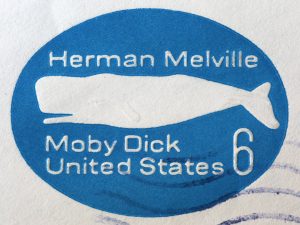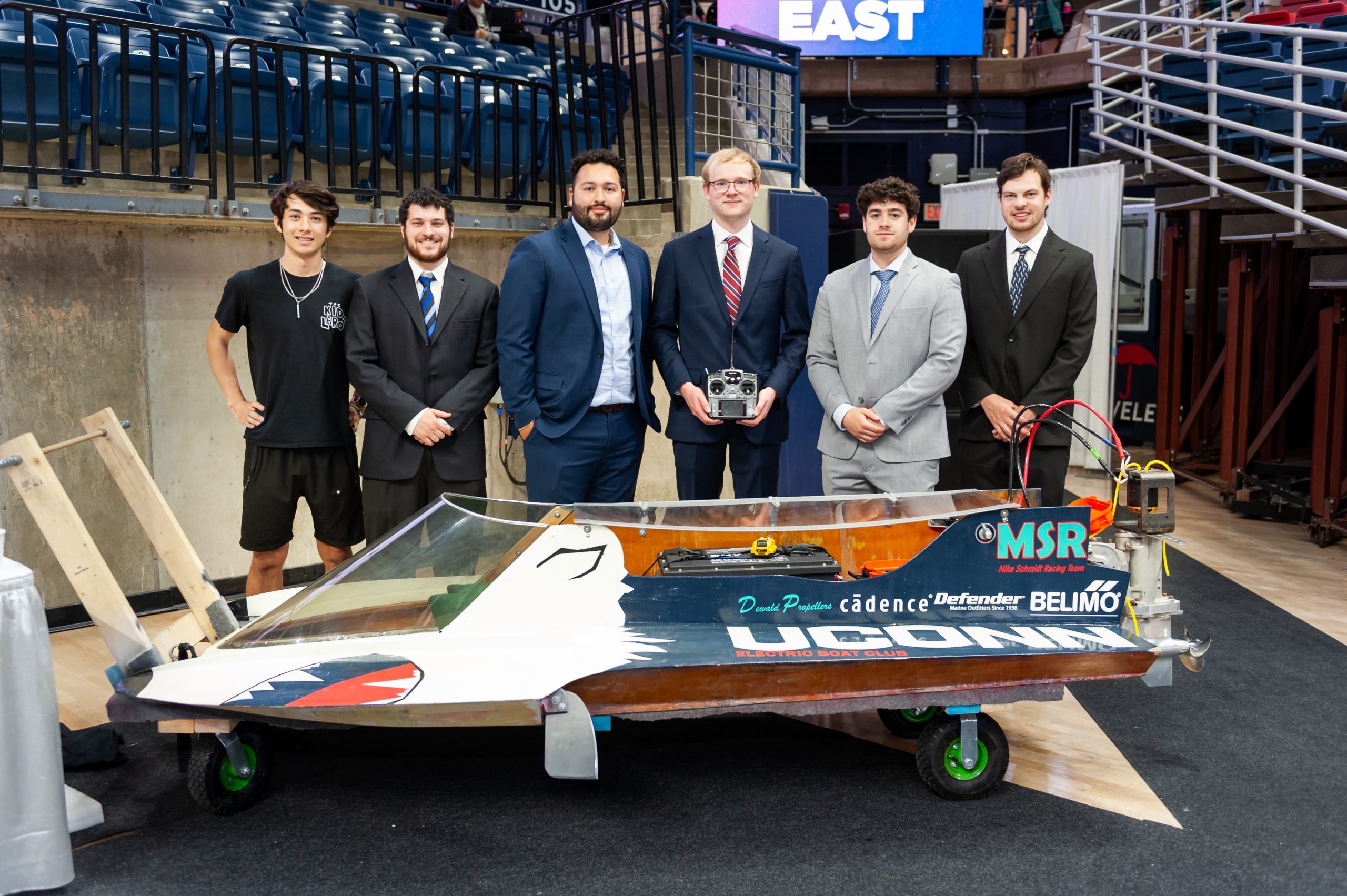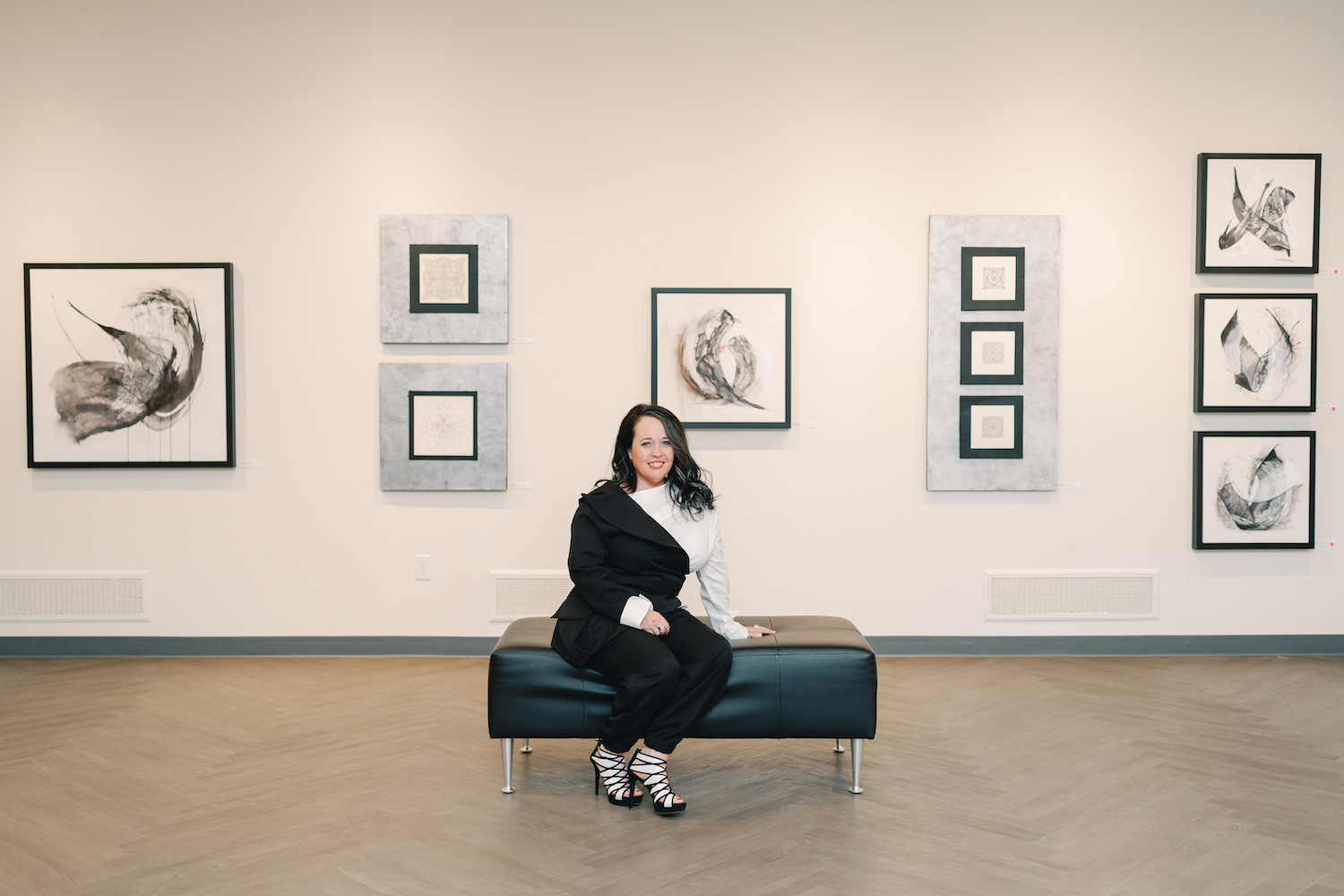Call me Ishmael.
This opening line of Herman Melville’s 1851 novel “Moby-Dick” has rung through English classrooms for decades. Despite how much the world has changed since its publication, “Moby-Dick” remains a beloved classic, and educators are constantly searching for new ways to teach the book to young readers.
Mary K. Bercaw Edwards, professor of English and director of maritime studies, is co-directing a series of workshops funded by a $196,000 grant from National Endowment for the Humanities alongside collaborators from other institutions to help K-12 teachers develop innovative ways to teach the novel.
The grant is a collaboration between the Melville Society Cultural Project and the New Bedford Whaling Museum, which houses the Melville Society’s archive of rare editions of Melville’s works, scholarly books and papers, and artworks.
The group first received this grant in 2019 and again in 2021. The program supports 25 teachers.
K-12 teachers from anywhere in the country can apply. In previous years, most teachers have been in humanities disciplines such as English and history. However, social science teachers and even a mathematics teacher have taken part.
“The first time, we actually had a mathematics teacher, and it was great,” Bercaw Edwards says. “It was wonderful to see the math element of ‘Moby-Dick.’ So, it makes us even more eager to expand.”

The upcoming iteration of the program will use a hybrid model with an in-person and online segment.
In the online segment, participants will first read the novel together, focusing on many of the main themes and questions in “Moby-Dick” including race, gender, science, and philosophy.
“The thing about Melville is you can pair him with anything,” Bercaw Edwards says.
The program will include a focus on digital resources related to Melville and “Moby-Dick” especially digital archives. For example, the Herman Melville Electronic Library allows students to annotate and respond to the text online.
“We do a lot of work on how you can approach Melville in various digital projects,” Bercaw Edwards says.
During this section of the program, the professors leading the workshops present their own research. Bercaw Edwards is an expert on Melville and whaling.
“I try to emphasize the fact that Melville not only knew whaling all the ways that are thought of – aesthetically, morally existentially – but he also knew whaling kinesthetically,” Bercaw Edwards says. “He spent four years at sea and served on three different whale ships. So, he actually knew with his feet and his arms and his hands what whaling was like.”
The second segment of the program will take place in-person in New Bedford. Participants will take part in field trips to locations related to “Moby-Dick, including the Mystic Seaport Museum where the Charles W. Morgan, the only existing wooden whaling ship, is located. Bercaw Edwards has worked on the Charles W. Morgan for 46 years, giving her the undisputed title of the person who has spent the most time aboard the Morgan, living or dead.
The group will also go to Arrowhead, Mass. where Melville wrote the book; climb the mountain where Melville met Nathaniel Hawthorne, to whom he dedicated “Moby-Dick”; and take a whale-watching trip.
Participants will look at contemporary art inspired by “Moby-Dick.”
“We want to show that Melville and ‘Moby-Dick’ are still living,” Bercaw Edwards says. “People are constantly creating art of it.”
At the end of the workshop, each teacher develops and presents a “Moby-Dick” lesson plan.
“We hope that [at the end of the program] they’ve been inspired to figure out other ways to read the book besides simply reading the book and writing an essay, other innovative ways to use it,” Bercaw Edwards says.
Bercaw Edwards says she is continually surprised by how popular and beloved “Moby-Dick” continues to be.
“It’s just amazing to me that a book that’s 500 pages long, and dense, and hard to read and yet it’s incredibly popular,” Bercaw Edwards says. “That’s one of the things that we always are trying to unpack: Why? What is it about this book that was published in 1851 that people still love, and that K-12 teachers love?”



